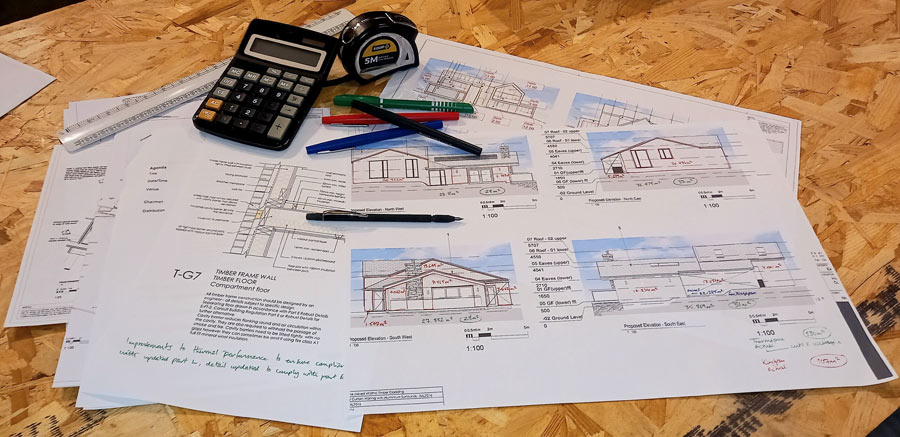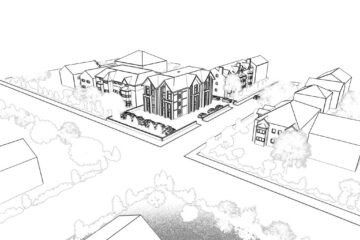Each and every successful construction project depends on effective project management. This is essential in ensuring that everything goes smoothly, on schedule, and within budget from the very start of the project to its successful conclusion.
In this post, we'll give you a how-to for effective project management in building projects.
What is Project Management?
Project management is the process of planning, organizing, and controlling resources to achieve specific project goals. In the construction industry, project management involves coordinating various aspects of the project, including design, construction, and procurement of materials and labour.
The Importance of Project Management in Construction
Project management is vital in construction projects for several reasons. First and foremost, it helps to ensure that the project is completed on time and within budget. A well-managed project can help to prevent costly delays, ensure that all resources are utilized efficiently, and minimize the risk of cost overruns.
Effective project management may ensure that the works are of a calibre that meets or surpasses expectations. Project managers can spot any potential difficulties early on and take corrective action before they worsen by monitoring the project at every level.
The promotion of communication and cooperation among all project stakeholders is another advantage of project management. This can involve the client, designers, builders, and other experts. By ensuring that everyone is working towards the same objectives and preventing misunderstandings, effective communication and teamwork can aid in problem-solving.
Key Components of Project Management in Construction
A successful project depends on a number of important project management factors in the construction industry. They consist of:
- Planning: The planning stage is critical in project management. It entails setting the project's objectives and goals as well as the resources required to carry them out. It also involves defining the project's scope. Timelines, budgets, and milestones should all be included in a comprehensive project plan, along with backup plans in case of problems.
- Organization: To ensure that all components of the project are coordinated and handled effectively, effective organisation is crucial. This might entail creating channels of communication, delegating duties to various team members, and making sure that the required tools are available.
- Communication: Project management success depends on effective and clear communication. This includes open lines of contact for criticism and suggestions, regular meetings to monitor progress and handle any difficulties, and regular updates to all stakeholders.
- Risk Management: There is some degree of danger involved in every building project. Identifying possible risks and taking action to prevent or mitigate them are essential components of effective risk management. This could entail creating safety measures, planning for contingencies, and making sure all legal and regulatory needs are satisfied.
- Quality Control: To make sure that the finished product meets or exceeds expectations, quality control is crucial. Throughout the construction phase, this may entail frequent audits, tests, and quality control procedures.
Benefits of Effective Project Management in Construction
Effective project management can provide several benefits to construction projects. These include:
- Improved efficiency: Effective project management can help to ensure that all resources are utilized efficiently, reducing waste and minimizing delays.
- Reduced costs: By identifying potential issues early on, project managers can take corrective action before they become major problems, reducing the risk of cost overruns.
- Improved quality: Effective project management can help to ensure that the final product meets or exceeds expectations, reducing the risk of rework and ensuring customer satisfaction.
- Enhanced safety: Effective risk management can help to ensure that all safety protocols are in place, reducing the risk of accidents or injuries on the job site.
- Increased collaboration: Effective communication and collaboration among all stakeholders can help to ensure that everyone is working towards the same goals, reducing misunderstandings and promoting problem-solving.
Conclusion
Effective project management is essential to ensuring the success of construction projects. Project managers ensure that everything runs smoothly by organising, coordinating, and planning every part of the project.










